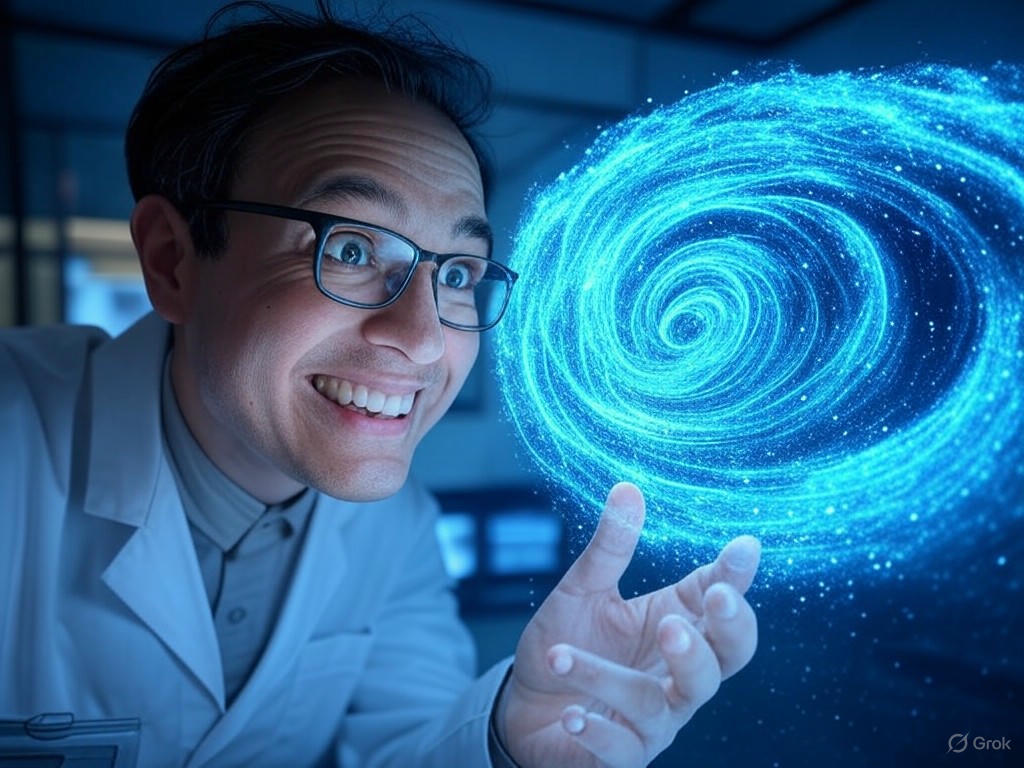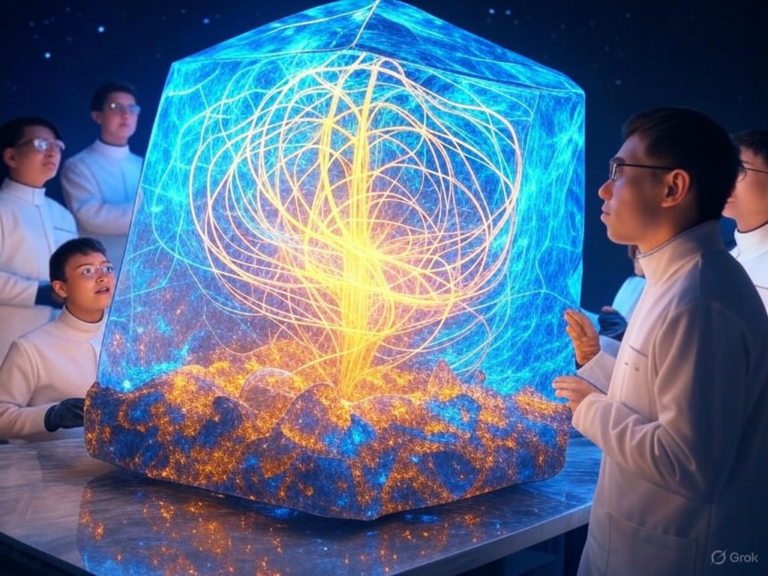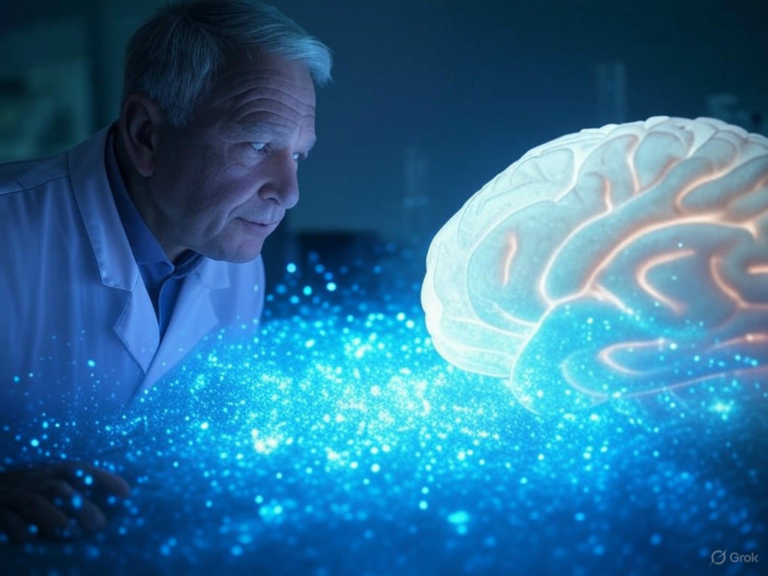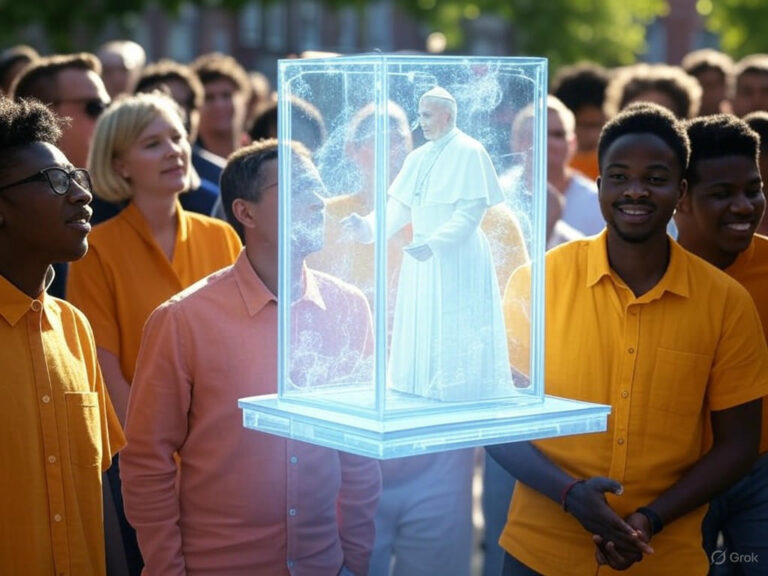
Quantum Theory Breakthrough: New Advances Toward Theory of Everything
Quantum Theory of Gravity: Scientists Edge Closer to the Elusive “Theory of Everything”
In recent years, quantum theory of gravity has emerged as a pivotal field, with researchers at Aalto University making strides that could finally merge quantum mechanics and Einstein’s theory of gravity. Their work, detailed in a paper published in Reports on Progress in Physics, offers a fresh approach to bridging these foundational concepts, potentially unlocking the secrets of the universe’s fundamental forces. Have you ever wondered how the tiniest particles might explain the vast expanse of space?
This development addresses the long-standing incompatibility between quantum field theory and general relativity, a challenge that’s baffled scientists for decades. Led by Mikko Partanen and Jukka Tulkki, the team has crafted a model that aligns gravity with particle physics standards, tackling issues like the universe’s matter-antimatter imbalance. It’s exciting to think that quantum theory of gravity might soon provide answers to questions about black holes and the Big Bang that have puzzled us for generations.
The Quest for Unification: Chasing Physics’ Ultimate Goal
Physicists have long pursued a unified framework that combines quantum theory of gravity with the other fundamental forces, viewing it as the holy grail of science. Quantum mechanics explains electromagnetism and nuclear forces beautifully, but it clashes with Einstein’s gravity model, leaving a gap in our cosmic understanding. The Aalto University team’s progress feels like a genuine step forward, offering hope for a complete picture.
Partanen explains that their quantum theory of gravity could eventually resolve singularities in black holes and the origins of the universe. While they hesitate to call it a full “theory of everything,” this research dives into core mysteries, such as why matter dominates our observable world. Imagine if we could finally explain everything from subatomic particles to galaxy clusters—it’s a thrilling possibility that keeps scientists motivated.
Beyond Theoretical Physics: Real-World Impacts of Quantum Theory of Gravity
The beauty of quantum theory of gravity lies in its potential to influence everyday technology, much like how Einstein’s relativity powers GPS systems. This new approach isn’t just abstract; it could spark innovations we haven’t even dreamed of yet. By making their findings open for scrutiny, the researchers are inviting the global community to build on this foundation.
The Challenge of Renormalization in Quantum Theory of Gravity
One key hurdle in advancing quantum theory of gravity is renormalization, a process that ensures calculations remain finite and practical. Tulkki notes that without proper renormalization, higher-order terms could lead to infinite results, which isn’t helpful for real science. Though they haven’t fully proven it yet, the team is optimistic that this issue will be resolved, paving the way for broader applications—what do you think could be the next big leap?
This step might take years, but it’s a reminder that even theoretical pursuits like quantum theory of gravity can lead to tangible outcomes. For instance, better models could enhance quantum computing designs, making them more efficient for complex simulations.
Parallel Breakthroughs: Innovating with the Alena Tensor
Alongside Aalto’s work, another advancement in quantum theory of gravity involves the Alena Tensor, a mathematical tool that helps reconcile quantum mechanics and general relativity. Developed by Ogonowski and Skindzier, this tensor flattens curved space-time while keeping physical properties intact, offering new insights into particle behavior. It’s like finding a missing puzzle piece that could unify our understanding.
The Alena Tensor shows that charged particles have inherent spin, aligning with quantum predictions and shedding light on energy and magnetic moments. Though still early, this complements efforts in quantum theory of gravity, potentially expanding how we view the universe’s building blocks. Could this be the key to linking theories that have seemed irreconcilable?
The Quantum Technology Revolution Accelerates: Ties to Quantum Theory of Gravity
As quantum theory of gravity progresses, it’s intertwined with explosive growth in quantum technologies, from computing to sensing. In 2025 alone, we’re seeing milestones that could amplify these theoretical gains. For example, advancements here might soon inform how we build scalable quantum systems.
Microsoft’s Topological Quantum Milestone
Microsoft’s launch of Majorana 1 in February 2025 marks a leap in quantum computing, using topological qubits to aim for a million-qubit chip. This could overcome scaling barriers, directly relating to the precision needed in quantum theory of gravity models. As part of a DARPA initiative, they’re targeting fault-tolerant systems soon, which might test gravitational theories in novel ways.
Quantum-AI Convergence
The merging of quantum computing and AI is another hotspot, with companies like OpenAI partnering with quantum firms to tackle optimization problems. This hybrid approach could enhance simulations for quantum theory of gravity, making complex calculations more feasible. Picture AI helping predict gravitational behaviors at quantum levels—it’s a game-changer for research.
Beyond Computing: Quantum Sensing and Communication
Quantum tech isn’t just about processors; sensing and secure communication are making immediate waves in navigation and medicine. These applications might indirectly validate aspects of quantum theory of gravity by providing experimental data. As they mature, they could offer practical tools for testing unified theories.
New Discoveries in Quantum Particles
Researchers at Brown University have uncovered fractional excitons, a new class of quantum particles with behaviors that challenge our current knowledge. These particles, carrying no charge but following unique quantum statistics, could deepen insights into quantum theory of gravity. Jia Li from Brown described it as opening a “new frontier,” potentially influencing quantum computation designs.
Feldman, another researcher, likened it to having direct control over quantum mechanics, which might help refine gravitational models. This finding exemplifies how quantum theory of gravity isn’t isolated—it’s connected to broader discoveries that could reshape technology and science.
Challenges and Skepticism Surrounding Quantum Theory of Gravity
Despite the excitement, quantum theory of gravity faces skepticism, as not every promising idea withstands testing. Experts like Scott Aaronson caution that progress can be slower than in fields like AI, with scaling issues persisting. For instance, historical doubts about quantum computing’s feasibility were challenged by recent entanglement successes.
Still, the gap between theory and practice remains. A hypothetical scenario: What if we developed a quantum experiment that directly tests gravitational effects at the particle level? That could silence critics and advance quantum theory of gravity further.
The Road Ahead: Turning Quantum Theory of Gravity into Reality
Partanen admits that fully fleshing out quantum theory of gravity will take time, but he’s confident in the path ahead. In the coming years, we might see more connections between these theories and emerging tech. Analysts predict 2025 as a turning point for quantum applications, from niche products to widespread use.
As theoretical and practical sides evolve together, they could feed into each other, accelerating discoveries. Think about how better quantum sensors might provide the data needed to verify gravitational models—that’s the synergy at play.
Implications for the Future of Quantum Theory of Gravity
If successful, quantum theory of gravity could transform our grasp of black holes, the Big Bang, and beyond, impacting fields from cosmology to materials science. It might even aid in drug discovery or climate modeling by enabling ultra-complex simulations. The potential is vast, offering solutions to humanity’s biggest challenges.
For everyday folks, this means technologies that could revolutionize energy, healthcare, and more. How might quantum theory of gravity change your world in the next decade?
Wrapping Up: A Pivotal Era in Quantum Science
We’re at a fascinating juncture where quantum theory of gravity and related breakthroughs are pushing science forward. While hurdles remain, the momentum is undeniable, blending theory with real-world innovation. As Partanen hopes, this could open endless exploration paths, much like relativity did before.
If you’re intrigued by these developments, I’d love to hear your thoughts—share in the comments below or explore more on our site. Let’s keep the conversation going and see how quantum theory of gravity shapes our future.
References
1. “Quantum theory of gravity sought as crucial step toward theory of everything,” Phys.org, https://phys.org/news/2025-05-quantum-theory-gravity-sought-crucial.html.
2. “The Quantum Era Has Begun,” Time, https://time.com/7282334/the-quantum-era-has-begun/.
3. “Microsoft Unveils Majorana 1,” Microsoft Azure Blog, https://azure.microsoft.com/en-us/blog/quantum/2025/02/19/microsoft-unveils-majorana-1-the-worlds-first-quantum-processor-powered-by-topological-qubits/.
4. “New Quantum Particles Discovered,” Brown University, https://www.brown.edu/news/2025-01-08/new-quantum-particles.
5. “New Mathematical Discovery to Unite Quantum Mechanics and General Relativity,” Modern Sciences, https://modernsciences.org/new-mathematical-discovery-unite-quantum-mechanics-general-relativity-january-2025/.
6. Aaronson, S. “Quantum Computing: The Next Wave?,” Scott Aaronson’s Blog, https://scottaaronson.blog/?p=1255.
7. “Big Ideas in Quantum for 2025,” The Quantum Insider, https://thequantuminsider.com/2024/12/23/big-ideas-in-quantum-for-2025/.
8. Aaronson, S. “Reflections on Quantum Progress,” Scott Aaronson’s Blog, https://scottaaronson.blog/?p=7042.
quantum theory of gravity, theory of everything, unified field theory, quantum physics breakthroughs, Aalto University research, quantum computing, quantum mechanics, general relativity, black holes, Big Bang







